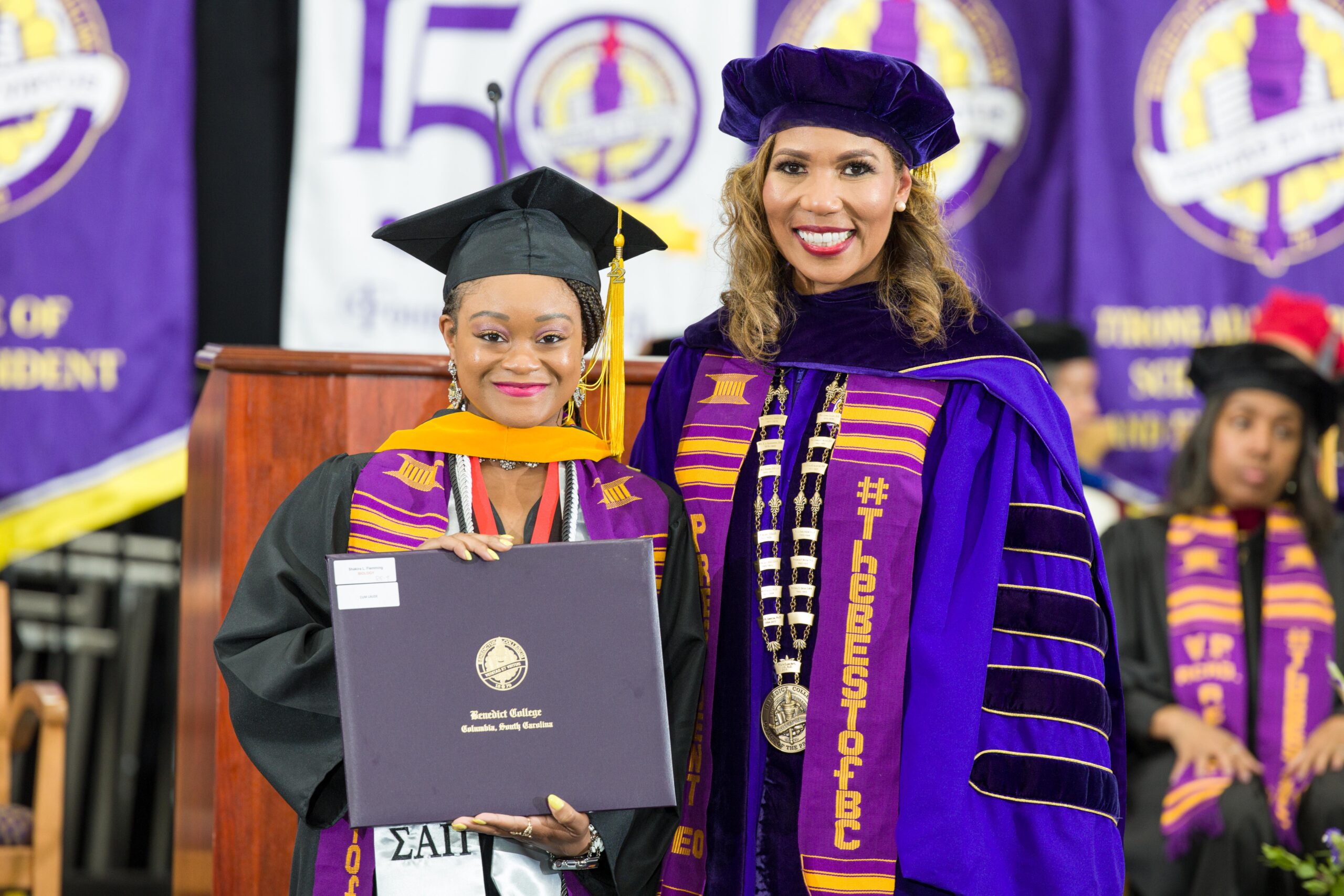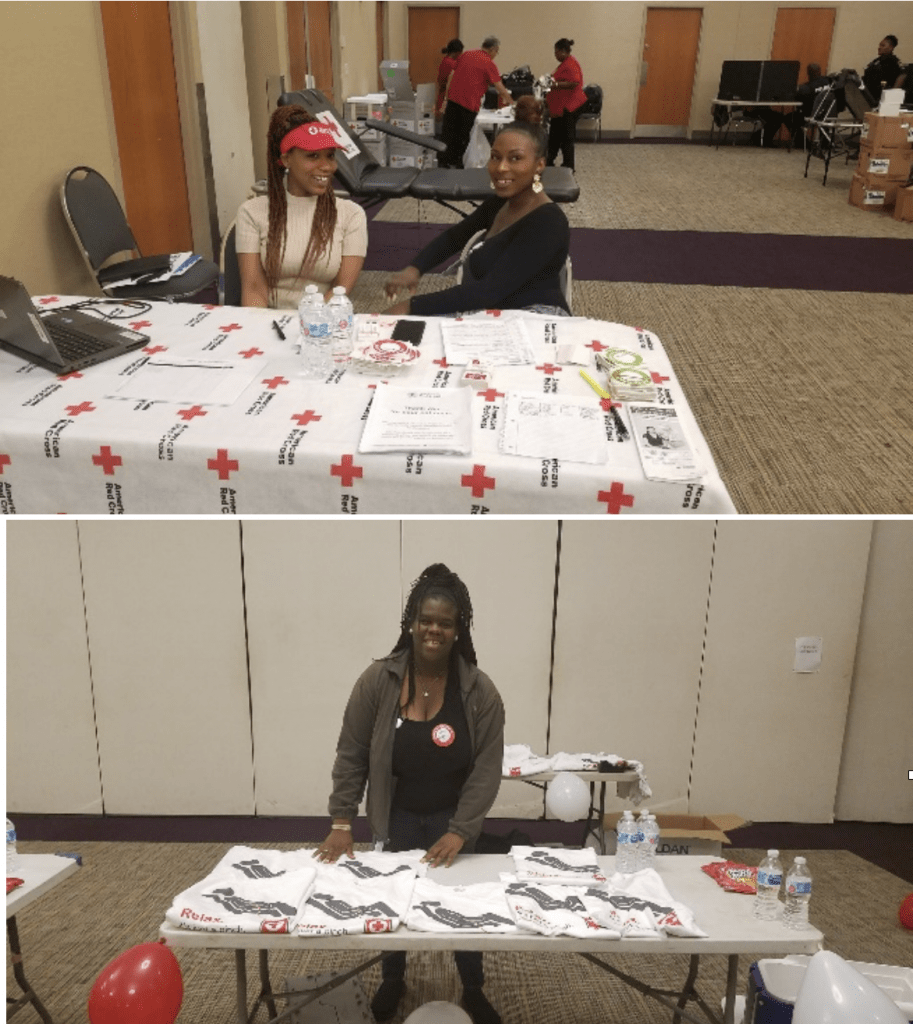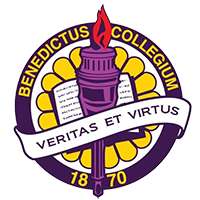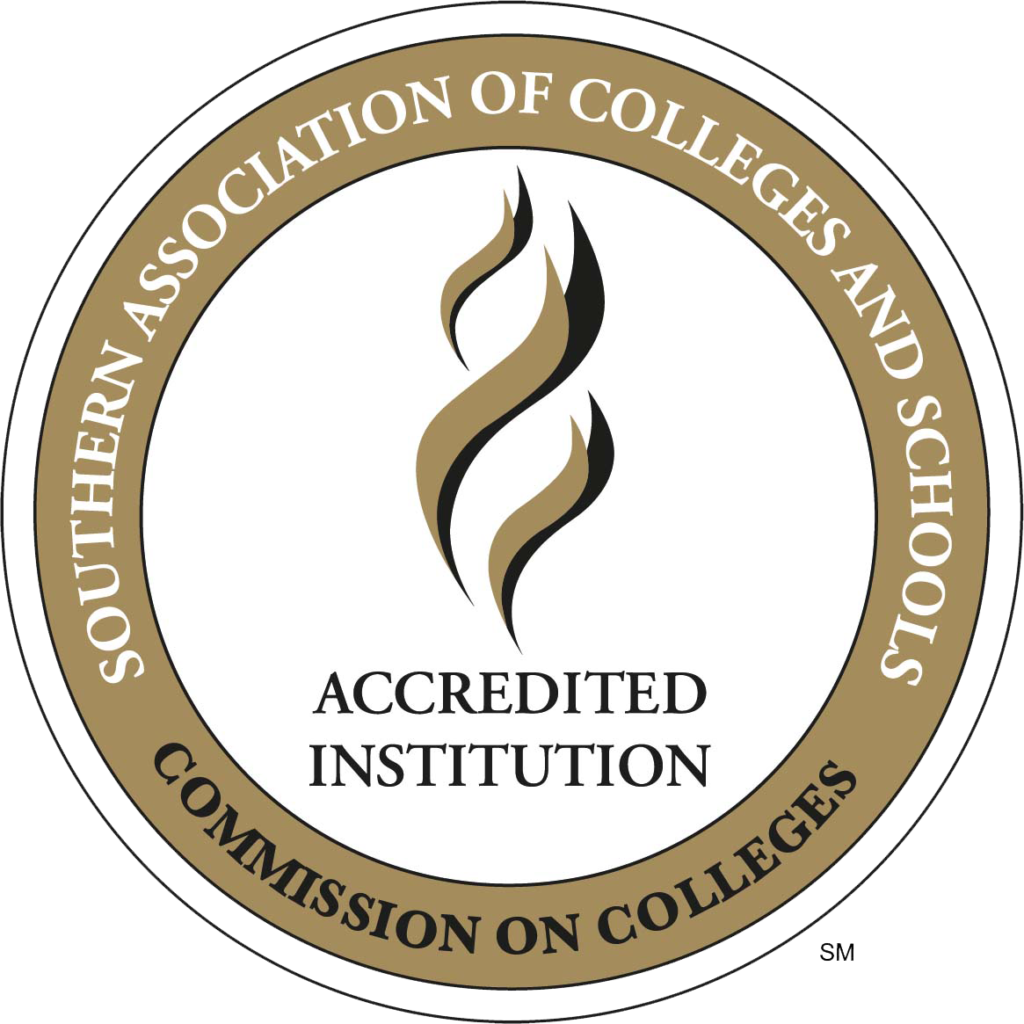Social Work
Department Contact
Dr. Eunika Simons
Interim Department Chair
E-mail: eunika.simons@benedict.edu
Office Phone: 803-705-4661 or 803-705-4496
Ms. Cassandra Williams
Data Specialist
E-mail: cassandra.williams@benedict.edu
Office Phone: 803-705-4496





